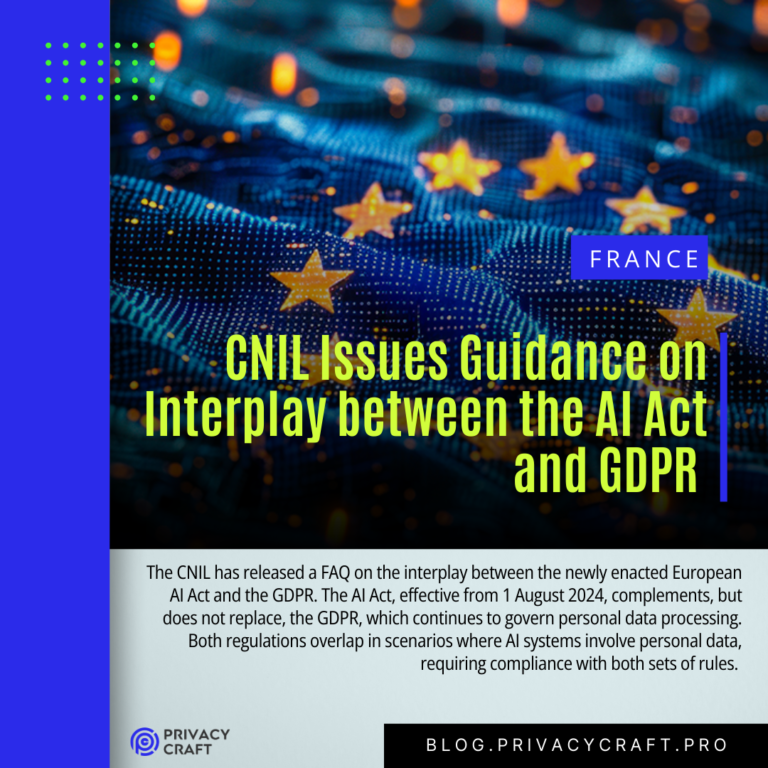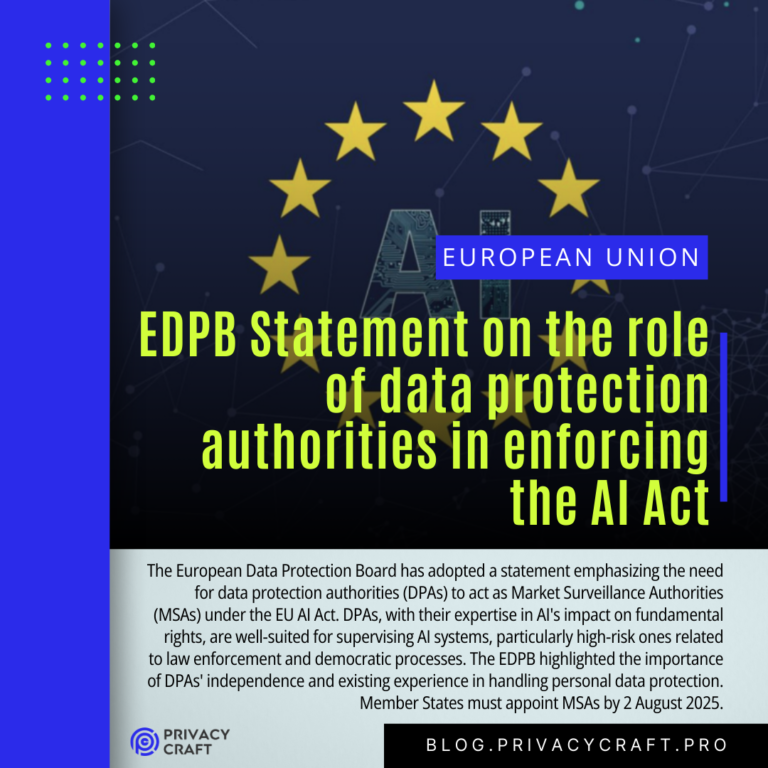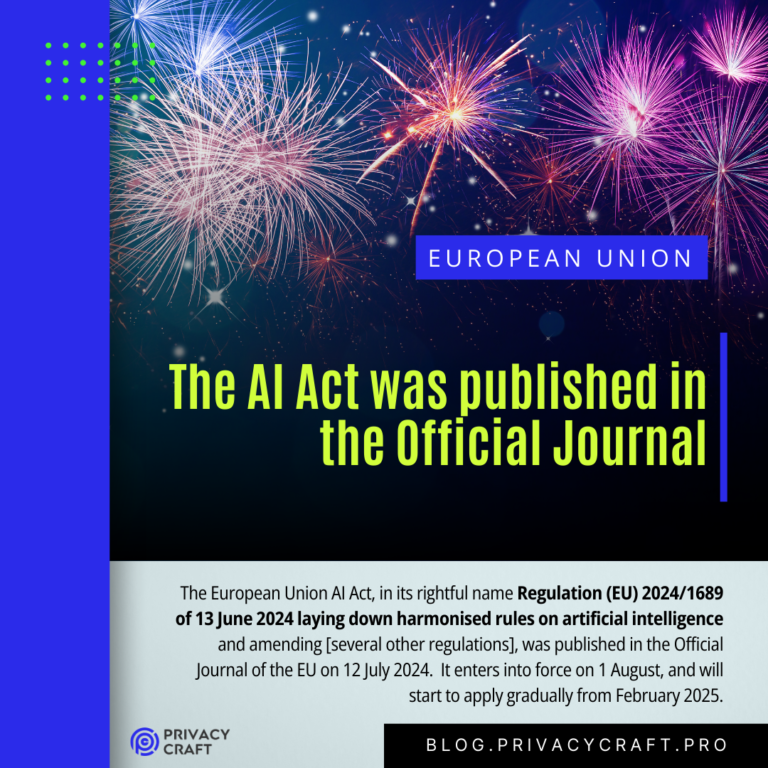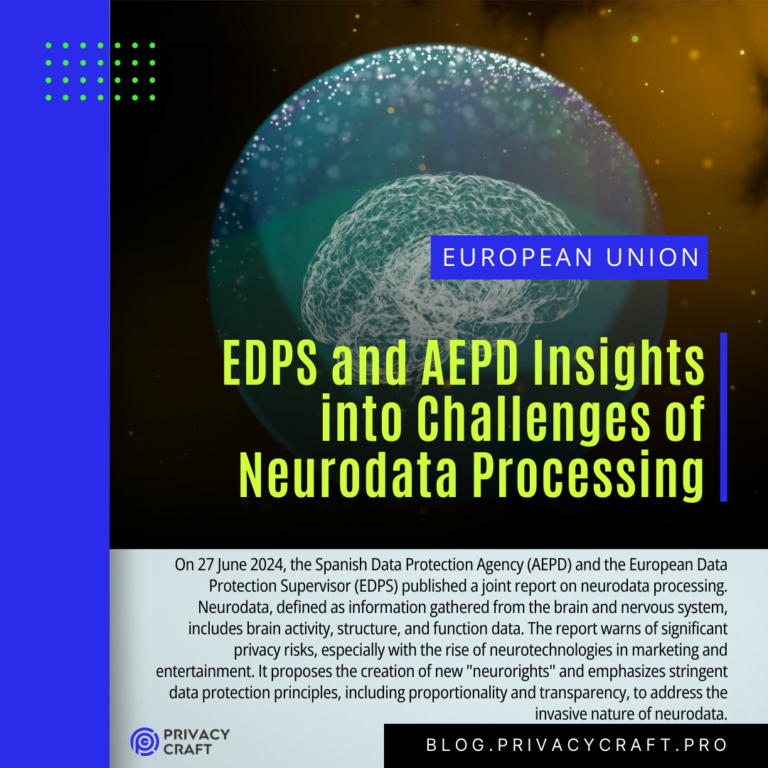Hamburg DPA Launches GDPR Discussion Paper on Personal Data in LLMs
The Hamburg Commissioner for Data Protection and Freedom of Information (HmbBfDI) has issued a discussion paper on the application of GDPR to Large Language Models (LLMs). It asserts that LLMs do not store personal data and thus do not constitute data processing under GDPR Article 4(2). However, any personal data processed within LLM-supported AI systems must comply with GDPR, particularly regarding output. The paper stresses that training LLMs with personal data must adhere to data protection laws, though violations during training do not impact the model’s lawful use in AI systems.
Hamburg DPA Launches GDPR Discussion Paper on Personal Data in LLMs Read More »




